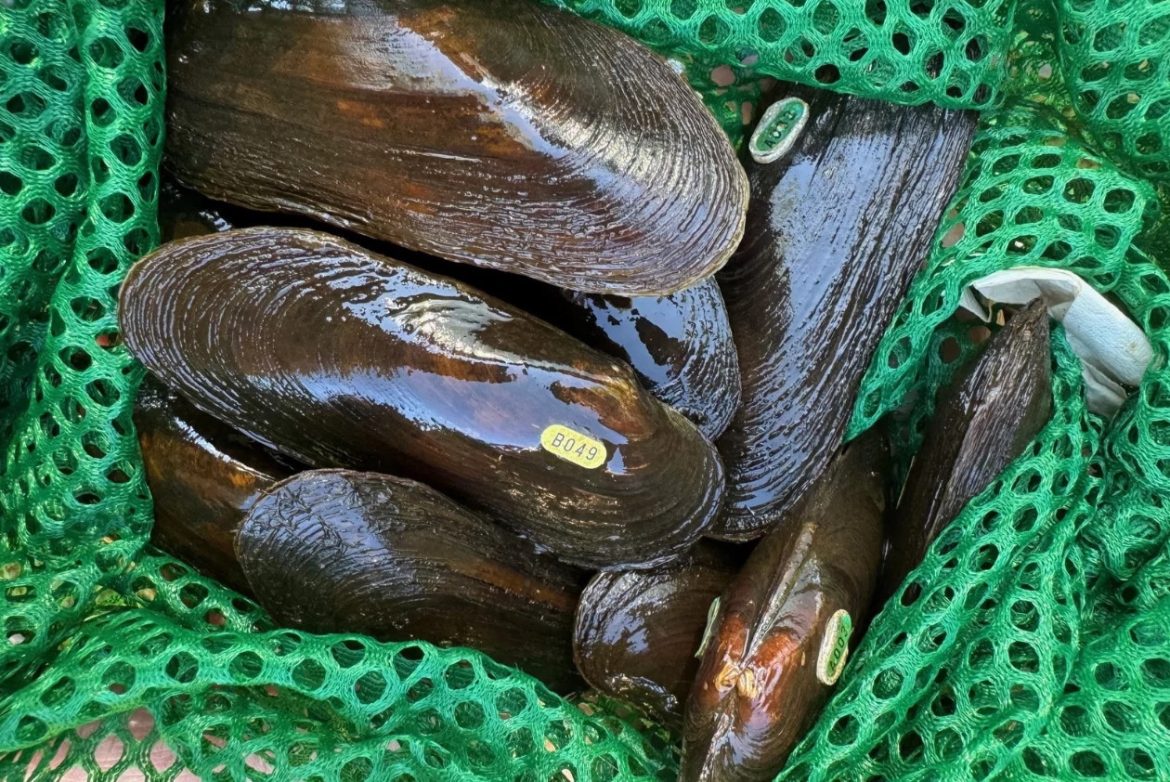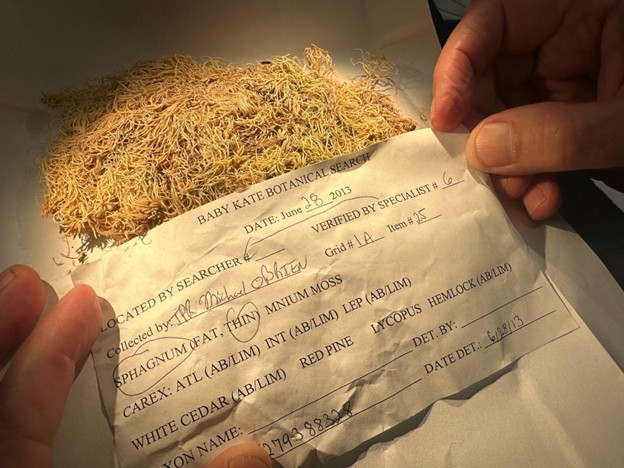Wildlife
Endangered spectaclecase mussels reintroduced into the Chippewa River
|
By Ada Tussing
To combat the population loss of spectaclecase mussels, researchers with both the Minnesota and the Wisconsin Department of Natural Resources released over 177 mussels into the Chippewa River in Northwest Wisconsin.









